Preventative Rest
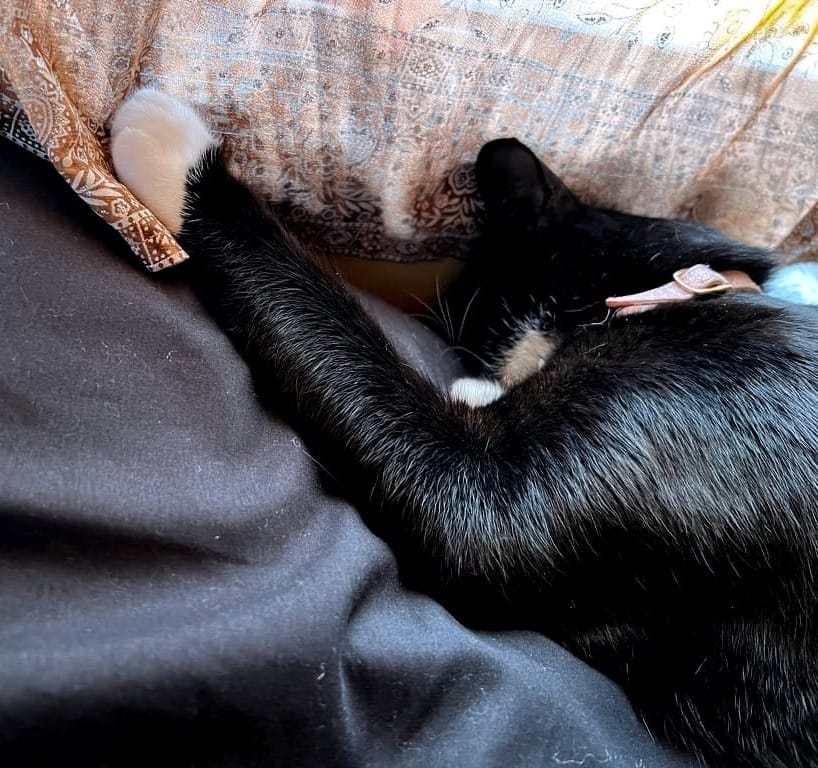
TUESDAY NIGHT, I self-administered anesthesia. Technically, hydroxyzine is a first-generation antihistamine, but mainly it’s used to potentiate anesthetics. Doctors (including mine) also prescribe it for anxiety, like Xanax, but Xanax, the one time I took it, made me sleepy. Hydroxyzine hits me like a freight train full of Valium.
“When you give it to Marines,” my doctor said, nodding when I reported this, “they just fall over.”
Tuesday night, I was having an allergy attack to end all allergy attacks, the type of nonstop sneezing that makes your head so hot and woozy that it’s hard to even stand, so much snot pouring out of my face that I started wondering, in my sneeze haze, how my body could even make more so fast. Which is to say: I really needed an antihistamine. And hydroxyzine is the one I had. I knew that taking it would mean I would be asleep before it got dark out, and that I would also have to nap on and off for most of the next day. But instead of thinking that I should just go ask one of land-mates for Sudafed instead, I thought: Perfect.
Spending the next day mostly napping sounded perfect.
Maybe that sounds obvious. Maybe most people would like to spend a day napping if they could. Many of the other queers I know right now are so tired, they tell me; they want to, or have to, lie down a lot. Earlier this year, I made an agreement with myself that I would stop whatever I was doing every day at 2 o’clock and rest, regardless of how energized I was feeling. As a recovering work addict, it’s hard for me to take breaks once I start being productive, or if I’m not being productive, because either way I could always produce more, and more isn’t gonna get produced if I’m not producing it. I realized I needed to start taking preventative rest in the middle of every day, to recenter and stay out of a burnout cycle. And since I work for myself, I have the option to do it.
A few weeks ago, I realized that I additionally needed to schedule—and enforce—a whole day of doing nothing in the middle of the week. Again, maybe people who don’t have the option to do this would think, No shit, that would be ideal! or I wish! But the day something inside me told me I needed it, I thought: Noooooo, a groaning, reluctant resistance to the idea. Wasn’t it enough that I was resting for at least an hour at 2 p.m.? Wasn’t it enough that I feel like I am resting for frankly a lot of hours on lots of days, lying around watching TV or indeed taking naps when I feel tired? But underpinning this—underpinning almost everything, for me—was certainly a more sinister thread.
How am I ever going to be enough if I’m not doing more?
I don’t remember exactly what was happening when I realized I needed a full midweek day off. I do remember that this time last year, I was thinking that if I could get just three days a week where I wasn’t so incapacitated by chronic flashbacks and pain I could so much as stand up, I’d be grateful, so the fact that I’m feeling so much better that I need to force myself to lie down is huge progress.
Is, let me acknowledge, miraculous progress.
After my groany reaction to needing a Lie-Down Wednesday, I failed to implement it, despite thinking about it many times. Last week, I felt unable to get up on Thursday, and it wasn’t unpleasant but was still literally crippling, which might have been different if I’d lain down the day before. Back when I worked constantly, I would come home from reporting assignments and be suddenly debilitatingly sick; when I returned from covering one massacre in 2015, my ex-husband nearly had to carry me to the car to go to the doctor’s. Before Tuesday’s evening allergy crisis this week, I took a whole house on a long drive to a weird appointment where a medical professional handles my genitals for an hour once a month, and this time, I started having a brutal flashback during it, despite being on a daily medication that drastically reduces them now. And so I do wonder if my body managed to manufacture an explosion of histamine—the number of days per year my allergies are bad enough to take medicine is usually zero—to get me to open that bottle of hydroxyzine, and lay my ass down.
I CAN STAND up most days now. Thanks partly to therapy and partly to ever-increasing efforts to talk kindly to myself and partly to CPTSD medications, which I started last fall and seem to have found a pretty good cocktail of—prazosin (the flashback-killer), gabapentin, and escitalopram—I could stand up probably all of the days. But when I don’t, especially when I choose to rest rather than waiting until it becomes necessity, I make space for emotions that need tending while they’re still more subtle. Before they’re screaming for attention. Googling “Is exhaustion an emotion,” I found a medical-journal paper darlingly titled “Fatigue Is a Brain-Derived Emotion that Regulates the Exercise Behavior to Ensure the Protection of Whole Body Homeostasis.” I’ve done enough somatic therapy to know that pain is information; I spent too long overworking to believe that exhaustion isn’t.
I don’t know if I would have felt tired yesterday if I hadn’t taken an antihistamine/anesthetic the night before. I do know that if I hadn’t taken hydroxyzine and had been capable of running around, I would not have honored the Lie-Down Wednesday my body tried to tell me I needed more subtly than with waterfalls of snot several weeks ago. Maybe I need to rename it. Whole Homeostasis Wednesday has a nice ring. For other people, maybe taking Whole Homeostasis Ten Minutes would be a big deal or would be enough, but I’m lucky to be at a place in my recovery that one full dedicated day seems like a lot, instead of much, much less than I’ve needed the last several years.
Maybe I should call it Holy Shit I Can’t Believe I Have to Make Myself Lie Down Preventatively Today Instead of Being Unable to Get Up More Days Than Not, What a Miracle, Let’s Celebrate It with Cake Wednesdays. Per the opening of the aforementioned journal article:
An influential book written by A. Mosso in the late nineteenth century proposed that fatigue that “at first sight might appear an imperfection of our body, is on the contrary one of its most marvelous perfections. The fatigue increasing more rapidly than the amount of work done saves us from the injury which lesser sensibility would involve for the organism” so that “muscular fatigue also is at bottom an exhaustion of the nervous system.” It has taken more than a century to confirm Mosso’s idea that both the brain and the muscles alter their function during exercise and that fatigue is predominantly an emotion, part of a complex regulation, the goal of which is to protect the body from harm.
I’ve always thought it was weird when people referred to the “small quiet voice” that tells you your truth; for me, I never hear that voice until it is yelling at the top of its lungs. Until recently. These days, I’m likely to hear—and honor—hints from my consciousness before they become abject howls. Weeks ago, I did hear the internal call for a day of rest, and I ignored it, until I couldn’t. So next week, I’m going to observe Part of a Complex Regulation to Protect My Body From Harm Wednesday like it’s a national holiday. Just, personal. And, weekly. And keep retraining my work-addicted, capitalism-addled brain to understand that rest is as important as—and still much harder than—anything else I’m doing.

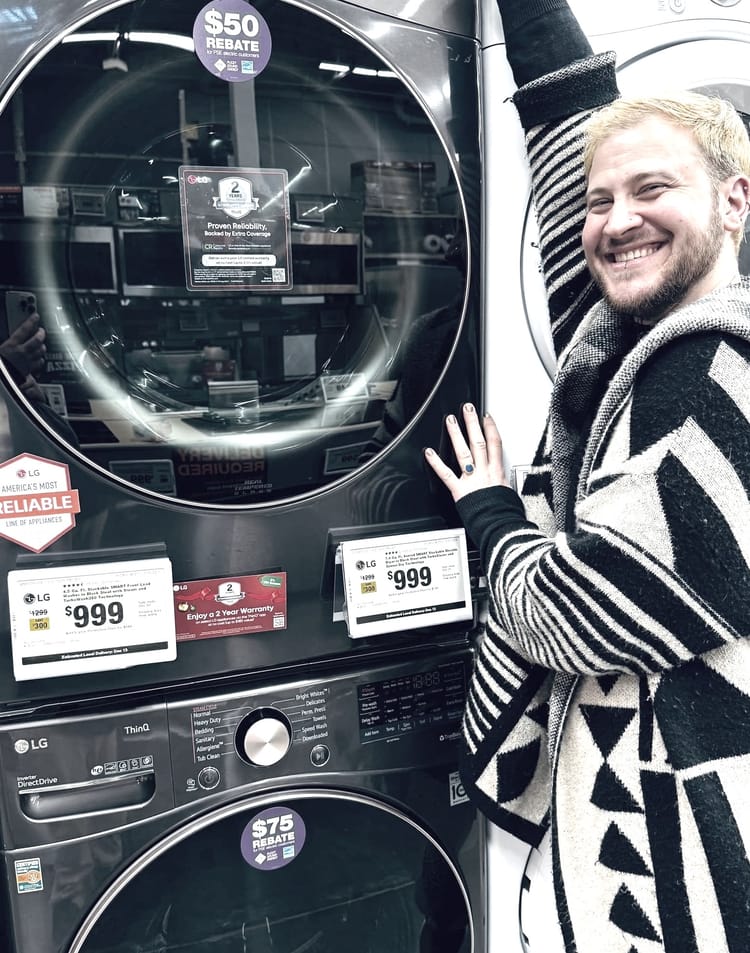
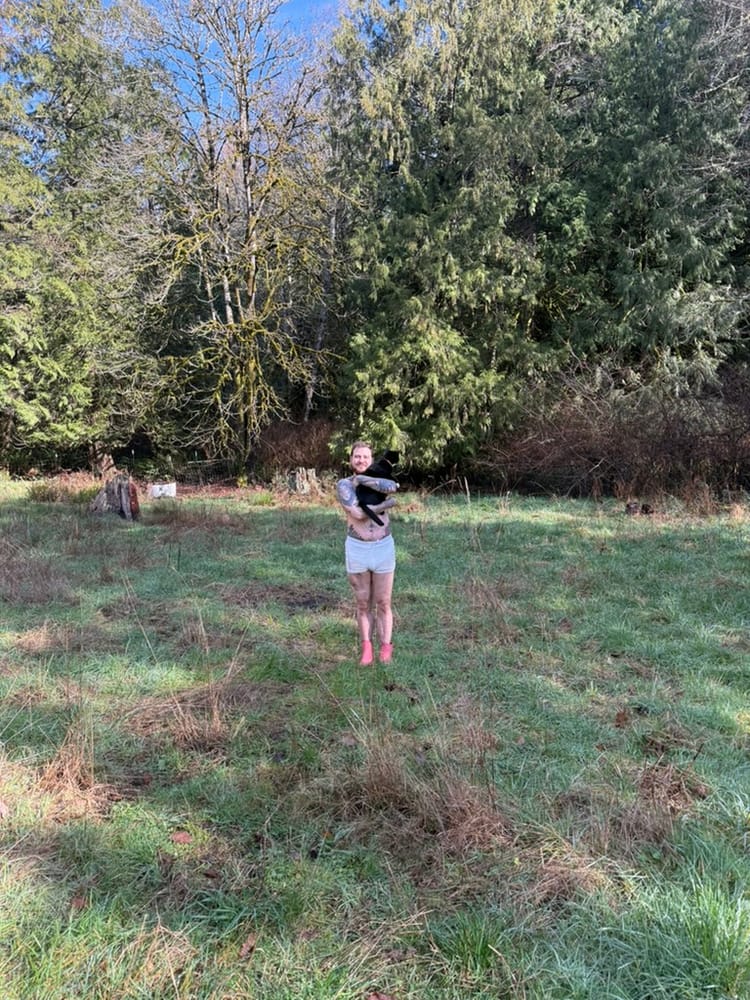
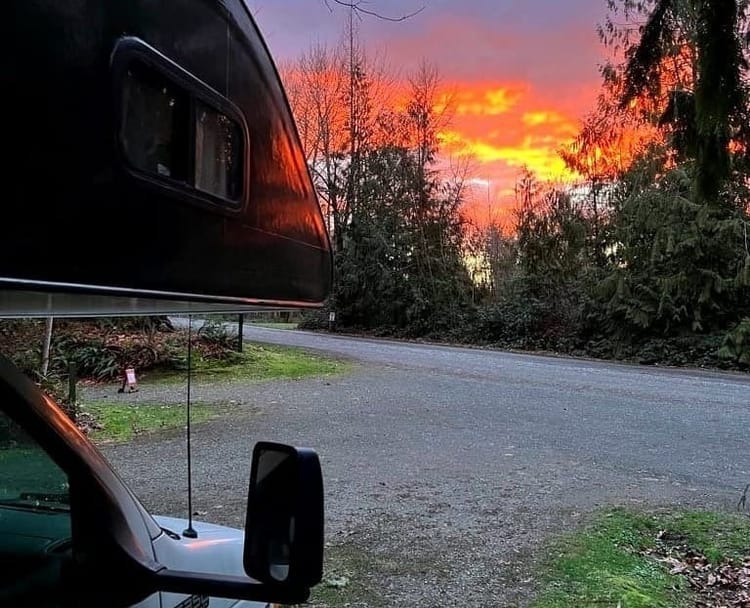
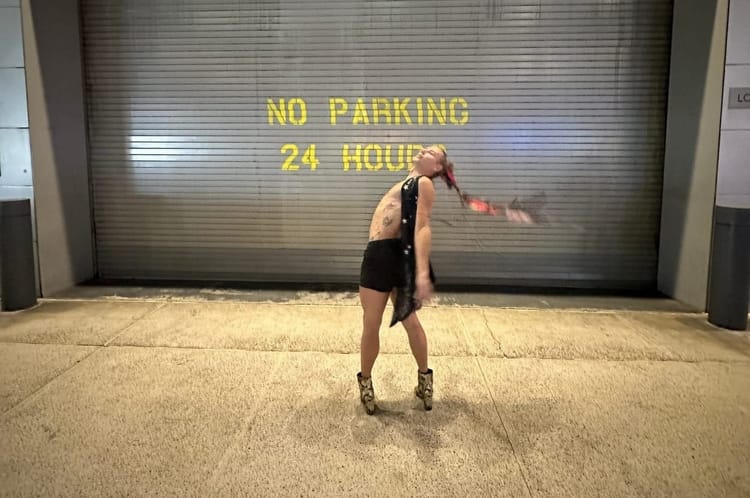

Member discussion